
Things To Do in North Hills, CA
North Hills is a bustling neighborhood located in the San Fernando Valley of Los Angeles, California. Known for its vibrant community and stunning natural scenery,

North Hills is a bustling neighborhood located in the San Fernando Valley of Los Angeles, California. Known for its vibrant community and stunning natural scenery,

Water damage is a common occurrence in homes and commercial buildings. There are several potential causes that can lead to it, including: burst pipes leaks
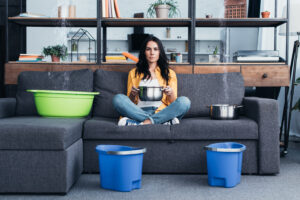
Water damage can happen unexpectedly and can cause significant damage to your property. Whether it’s due to a burst pipe, a leaky roof, or a

Water damage can be a homeowner’s worst nightmare, especially if it goes unnoticed or untreated. Whether it’s a burst pipe, a leaky roof, or
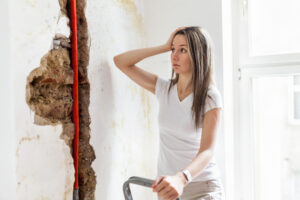
Water damage can occur in a variety of ways, from a burst pipe to a natural disaster. Whatever the cause, water damage restoration is an
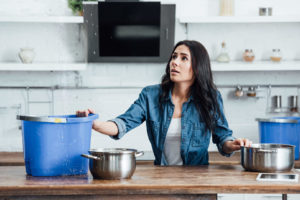
Did you recently have a significant leak or flood in your home? All the associated terminology like “water mitigation”, “water extraction” and “water damage restoration”

It’s every homeowner’s worst nightmare: watching flames and smoke consume your beloved home. And once the fire has been extinguished, emotional turmoil may not be
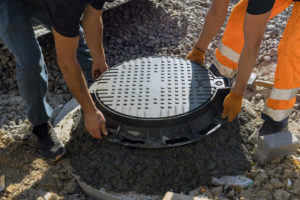
Need sewage cleanup right this minute? Save The Day Restoration is a top-rated, fully licensed and experienced provider of sewage cleaning and water damage restoration
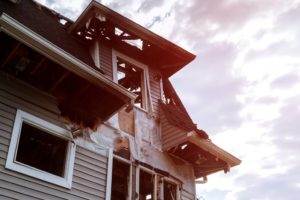
Why You Should Contract A Disaster Restoration Company After the shock of a fire, water damage or flood, some homeowners consider tackling the repair job

Mold devalues a home so it’s the last thing you need if you want to get a good price for your home. Like most people